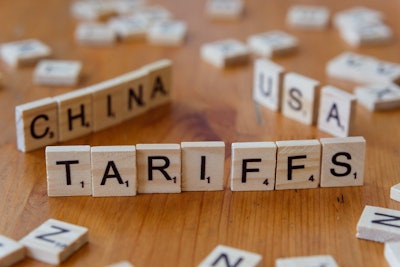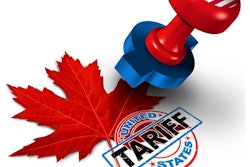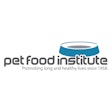
The U.S. and China have agreed to a temporary reduction in reciprocal tariffs, easing trade tensions that have impacted the pet food and animal feed sectors. Under the agreement, the U.S. will lower tariffs on Chinese imports to 30% —consisting of a 10% baseline and a 20% penalty linked to chemical ingredient sourcing — while China will cut its duties on U.S. goods to 10%. The adjustments are effective for 90 days.
“We have reached an agreement on a 90-day pause and substantially moved down the tariff levels — both sides, on the reciprocal tariffs, will move their tariffs down 115%," said Secretary of the Treasury Scott Bessent.
The American Feed Industry Association (AFIA) welcomed the development and highlighted its potential benefits for the U.S. animal food industry, which exported $1.27 billion in goods to China in 2024. The U.S. also imported approximately $549 million in animal food products and ingredients from China, including key items like vitamin E, amino acids and pet food.
“China is a top destination for many U.S. animal food products and provides many essential ingredients, like vitamins, not produced elsewhere globally that allow U.S. animal food manufacturers to produce complete and balanced animal food,” said AFIA president and CEO Constance Cullman. “We are hopeful that the 90-day tariff pause will provide the breathing room needed for Chinese and U.S. trade officials to reach a mutual agreement that benefits the U.S. animal food industry and agricultural economy.”
In a parallel development, U.S. trade officials also announced progress toward a trade agreement with the United Kingdom, the 19th-largest export market for U.S. animal food. While negotiations continue, the U.S. will retain a 10% tariff on British imports, and the U.K. will reduce or eliminate certain non-tariff trade barriers.
“The new U.S.-U.K. trade agreement is slated to offer ‘unprecedented access’ of many American-made agricultural products to the United Kingdom, and we hope that includes animal feed,” Cullman said.
What the Pet Food Industry has to say about tariffs
Petfood Industry recently surveyed its online community to gauge how the evolving tariff landscape could affect their pet food businesses. Between April 18 and May 3, over 200 responses were collected from visitors to PetfoodIndustry.com.
Industry-wide impact of tariffs
Q1: What level of impact will tariffs have on the pet food industry as a whole?
- No impact – 5%
- Very little impact – 8%
- Some impact – 27%
- Significant impact – 40%
- Severe impact – 20%
Top concerns among pet food professionals
Q2: What is your greatest concern regarding the tariffs?
- Increased costs – 42%
- Supply chain disruptions – 22%
- Long-term uncertainty – 22%
- Limited access to global markets – 6%
- Competitive disadvantage – 4%
- No concerns – 4%
Business readiness to manage tariffs
Q3: How well prepared do you feel your business is to manage the potential consequences of the tariffs?
- Somewhat prepared – 49%
- Not very prepared – 31%
- Very well prepared – 11%
- Not at all prepared – 9%

















